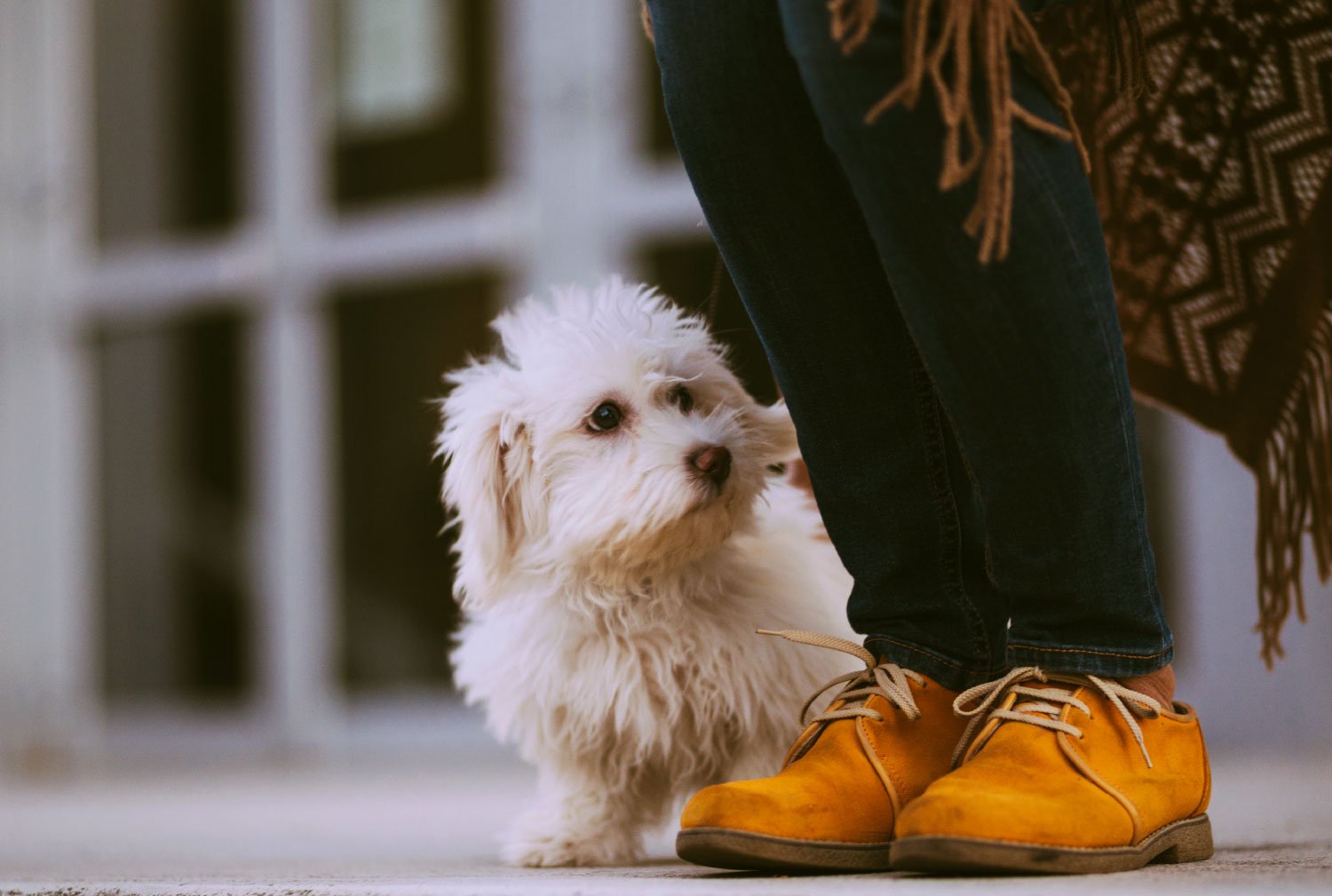THINGS WE DO

BEFORE AND AFTERCARE
At Evervet, we understand that deciding to proceed with surgery can be an apprehensive time for you and your cherished companion. We will guide you through the crucial stages of the surgical process, from the preparations before the surgery to the day of the procedure itself, and the essential aftercare that assists your pet in achieving a smooth and swift recovery.
Your pet's health and happiness are our top priorities, and we're here to offer the guidance and support you need throughout this entire journey. Let's walk this path together, ensuring a bright and joyful future for your beloved companion.

BEFORE SURGERY
Bathing
After surgery, your pet will not be able to get wet for approximately two weeks until their wound has healed. Bathing your pet before surgery is a good idea to ensure they remain clean and comfortable during their aftercare.
Fasting
It is important that your pet's stomach is empty before an anaesthetic as the medication used can cause vomiting which could lead to aspiration pneumonia during surgery recovery. Please do not feed your pet after 10 p.m. the night before surgery. You will be sent specific fasting instructions prior to your pet's procedure. They may have access to water prior to surgery. If your pet accidentally consumes food or water, please let us know prior to your pet's admission time.

Blood Tests
Prior to anaesthesia, a veterinarian will perform a complete physical examination to identify any existing medical conditions that could complicate the procedure and compromise the health of your pet. There is always the possibility a physical exam alone will not identify all of your pet's health problems. Prior to anaesthesia, a pre-anaesthetic blood test can be performed. Blood tests can reduce the risks of complications as well as identify medical conditions that could require medical treatment in the future. Pets over the age of 8 years old are strongly recommended to have blood tests prior to anaesthesia.
Vaccination and Parasite Control
For the safety of your pet and the other patients in our care, it is important that your pet's vaccination schedule, worming, and flea control are up to date prior to surgery. If you have any questions about your pet's vaccination history or appropriate parasite control please contact us.

The Day of Surgery
On the day of surgery, we require your pet to be admitted to the hospital at a pre-allocated time. There are ten minutes allocated for the admission appointment, we will ask you a few questions about your animal's health and we will go through your pet's anaesthetic consent form. This form describes that no anaesthetic or surgical procedure is without some risk to the patient. Every care is taken to ensure the health and safety of your pet. You will have an opportunity to ask our staff any questions relating to the procedure that you may have. We are here to help.
We ask that you please allow time prior to your admission appointment for your pet to go to the toilet.
After Surgery
When your pet undergoes surgery, they will require time to recover and heal properly. The recovery process will depend on the type of surgery and the health of your pet. However, it is important to know what to expect during the recovery period to ensure that your pet has a smooth and successful recovery.
Pain and Discomfort
Your pet may experience pain and discomfort after the surgery. The veterinarian may prescribe pain medication to help manage the pain. It is important to give the medication as directed to keep your pet comfortable during their post-surgical care period.
For more information available here Post Operative Complications
Restricted Activity
Your pet may need to be restricted from physical activity and exercise during the recovery period. This is to prevent any injury or complications during the healing process. The veterinarian will provide specific instructions on how long the restricted activity should last, ensuring proper post surgery care for dogs.
Dietary Restrictions
Your pet may have dietary restrictions during the recovery period. This could include a special diet or limited food intake. The veterinarian will provide specific instructions on what your pet can eat and how much, promoting a smooth after surgery experience.
Wound Care
Depending on the type of surgery, your pet may have an incision that needs to be cared for. The veterinarian will provide instructions on how to care for the wound, including any bandages or dressings that need to be changed in post-surgery aftercare for your dog or cat.
Follow-up Appointments
Your pet will need to have follow-up appointments with the veterinarian to ensure that they are healing properly. The veterinarian may need to remove any stitches or monitor the progress of the healing process, ensuring appropriate post-surgery care for your dog or cat.

Behaviour Changes
Your pet may exhibit behaviour changes during the recovery period. This could include changes in appetite, energy level, and overall behaviour. These changes are normal and will usually resolve as your pet continues to recover and receive post-surgery care.
It is important to monitor your pet during the recovery period and follow the veterinarian’s instructions. If you notice any unusual behaviours or symptoms, contact the veterinarian immediately. With proper care and attention, your pet can have a successful recovery and return to their normal activities.

MORE OF
WHAT WE DO

Be forever










